Google Ads Services
Certified Google Partner - 10+ years experience
Effective Google Ads Campaigns from your local PPC experts.
Let's talk!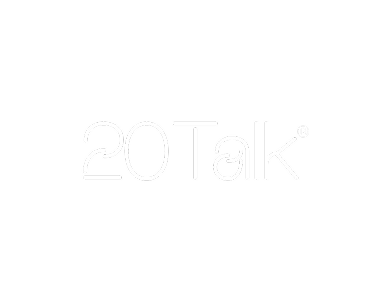


.png)
.png)
.png)
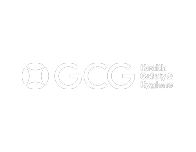
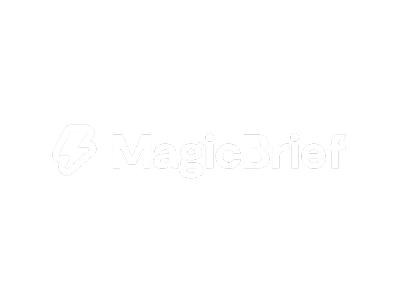
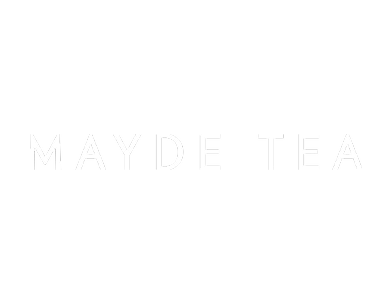
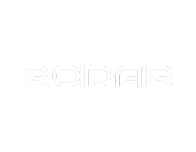

.png)



.png)
.png)
.png)





.png)



.png)
.png)
.png)





.png)

Meta Ads Services
Proven Results with Happy Clients


FAQ
How quickly can Google Ads work?
How quickly can Google Ads work?
Google Ads can generate traffic and data quickly, often within days of launch. However, meaningful performance improvement comes from ongoing optimisation as data compounds over time. Our focus is on building sustainable, predictable growth rather than short-term spikes that don’t hold.
What makes your Google Ads approach different?
What makes your Google Ads approach different?
We operate as a growth partner, not just an execution agency. That means we prioritise intent quality, account structure, and accurate tracking over automation shortcuts or surface-level metrics. We’re transparent on results and spend, and we actively educate clients on how Google Ads fits within their broader acquisition strategy to drive long-term efficiency.
Do you work with existing accounts?
Do you work with existing accounts?
Yes. Many clients come to us with active Google Ads accounts that require restructuring, clean-up, or efficiency improvements. We audit existing setups, identify wasted spend or tracking gaps, and rebuild where necessary to improve clarity, scalability, and return on ad spend.
Is there a minimum contract?
Is there a minimum contract?
No. We don’t believe in long-term lock-ins. Our partnerships are built on results, transparency, and trust. Clients stay with us because the performance and communication make sense, not because they are contractually bound.
Let’s Grow Your Business
Get in touch to discuss how we can help your brand scale with Google & Meta Ads.
-min.avif)


